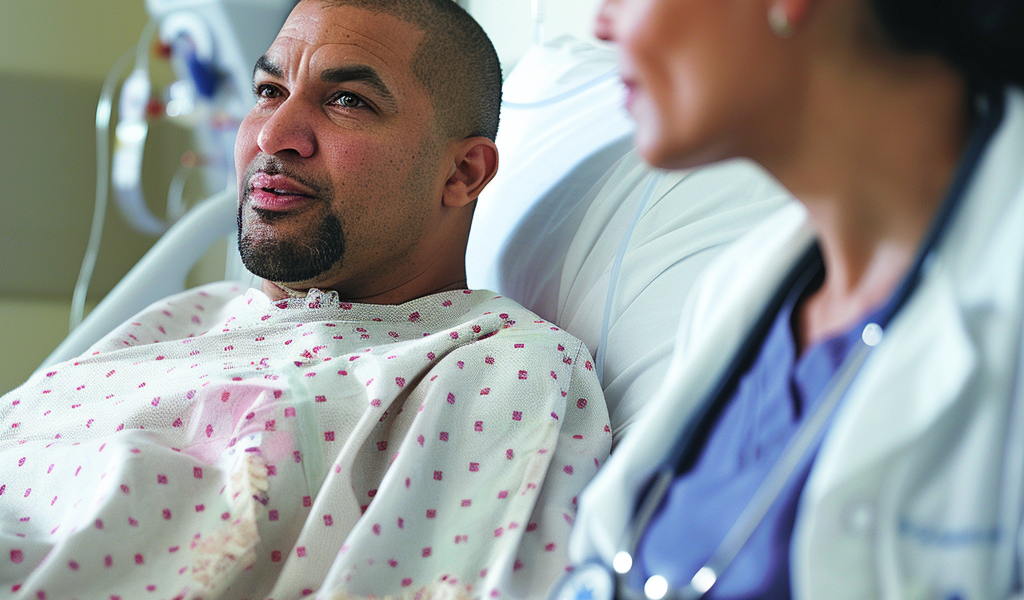Almost 90,000 individuals are expected to receive a diagnosis of lymphoma this year, a cancer affecting the immune system by targeting white blood cells. While many patients can find a cure through a combination of chemotherapy and immunotherapy, some individuals do not respond to these treatments. However, a new therapy is offering hope to these patients, potentially providing them with their last chance at a cure.
John Bell, a cigar enthusiast who values the connections made through his hobby, faced a threat to his part-time job at a cigar shop after being diagnosed with large B-cell lymphoma, an aggressive form of lymphatic system cancer. Despite undergoing six months of chemotherapy, the treatment was not entirely successful, leaving John devastated.
Dr. Natalie S. Grover, the Clinical Director of the Cellular Therapy Program at UNC Health, suggested CAR T-Cell therapy as John’s best option. This innovative therapy involves using a patient’s own immune cells to target markers on lymphoma cells, enabling the immune system to attack cancer cells specifically.
Although John experienced harsh side effects, including a high fever and a drop in blood pressure that required an 18-day hospital stay, he began to see improvements a month later. Dr. Grover remains hopeful that John may be cured of lymphoma, allowing him to return to the cigar shop and savor every moment, free from symptoms and with a sense of relief.
Despite the scrutiny facing CAR T-Cell therapy, with the FDA instructing manufacturers to include the highest safety warnings, the agency emphasizes that the benefits of this treatment outweigh the potential risks. This therapy represents a significant advancement in cancer treatment, offering new hope to patients like John who have exhausted other options.





